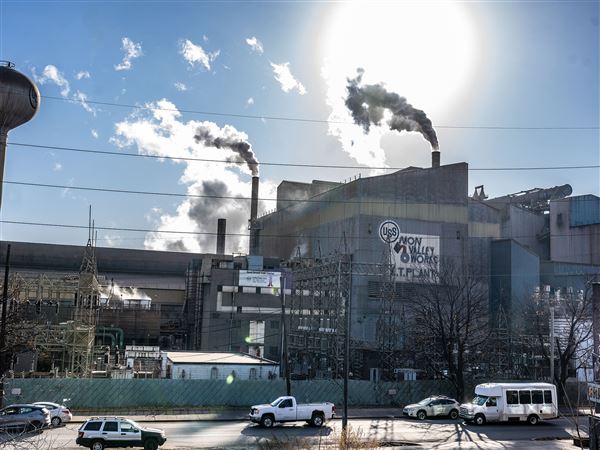The incessant failings of the Pittsburgh Water and Sewer Authority are as maddening as the drip, drip, drip from a leaky faucet. On the heels of a two-day boil-water advisory, imposed on about 100,000 Pittsburghers when low chlorine levels triggered concern about giardia contamination, city officials have decided to take a hard look at this sorry agency. It’s about time.
Mayor Bill Peduto announced Friday that he’s creating a panel to study the PWSA’s future. The review will consider the possibility of dividing the agency’s water and sanitary sewer responsibilities and of establishing a public-private partnership to take on at least some of the agency’s work. County Controller Chelsa Wagner condemned the prospect of privatization, but her criticism out of the gate is unwarranted.
PWSA isn’t adequately serving its customers — and hasn’t done so for years. Its blunders include an illegal line warranty program, the hiring of political hacks, storm-water management problems, inaccurate billing, poor customer service and a rebuke from the state for switching treatment chemicals without authorization. Last Tuesday, the state Department of Environmental Protection ordered the boil-water advisory for about half of PWSA’s customers after testing showed that chlorine, which helps to prevent giardia, was below acceptable levels. By Thursday afternoon, the chlorine got to acceptable levels.
The PWSA’s long-term challenges are daunting. The PWSA has to replace lead service lines, as other municipal water authorities do, but it doesn’t even know where many of them are. Kevin Acklin, the mayor’s chief of staff, noted that the PWSA “has accrued nearly a billion dollars in debt and has hundreds of millions in deferred maintenance.” Without a significant course correction, the situation likely will get worse, not better, he said, warning of “skyrocketing water rates and declining water quality.”
While Mr. Acklin said full privatization is not under consideration, no option should go unconsidered during the upcoming review. PWSA consumers, whose rates went up 13 percent this year, cannot be expected to tolerate more dysfunction. Also troubling is the potential image problem. If a city struggles to provide a basic service such as water, outsiders will conclude that it probably doesn’t do much else right, either.
First Published: February 7, 2017, 5:00 a.m.













